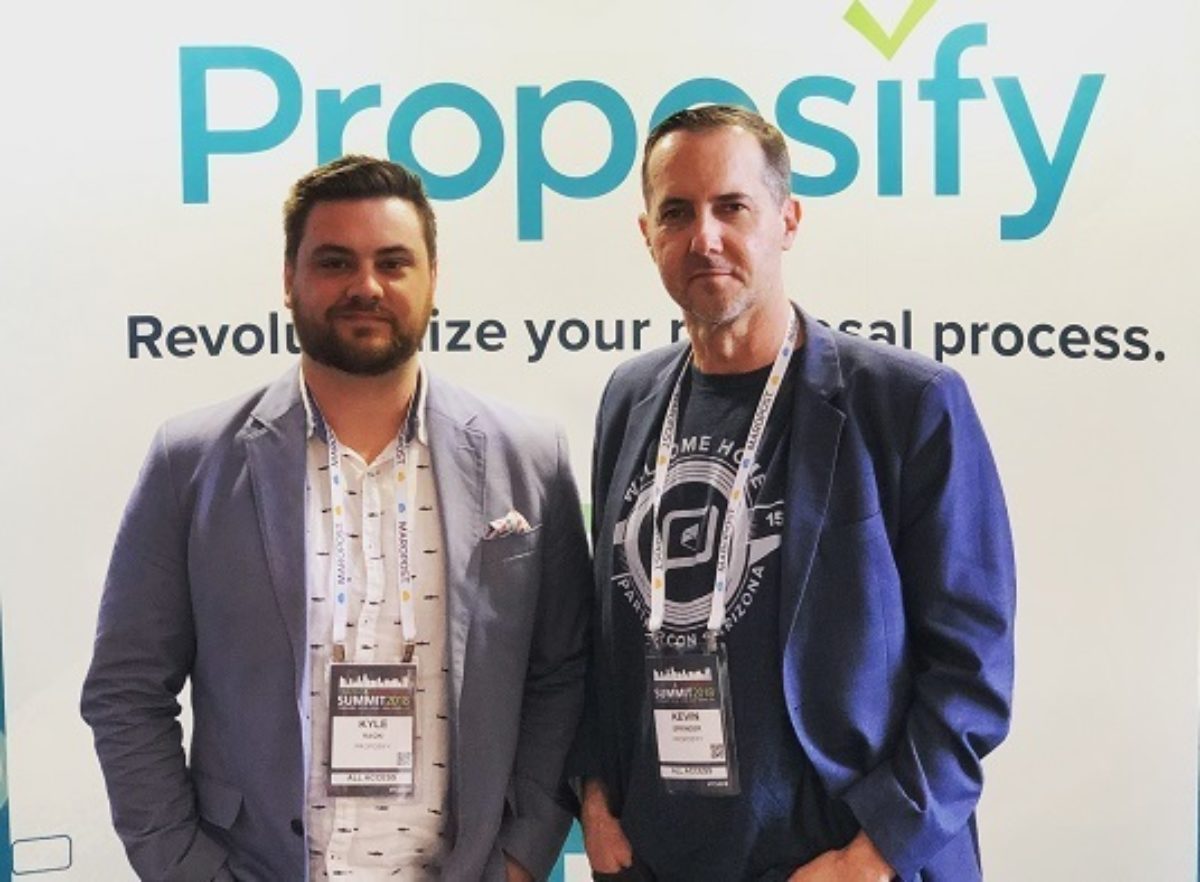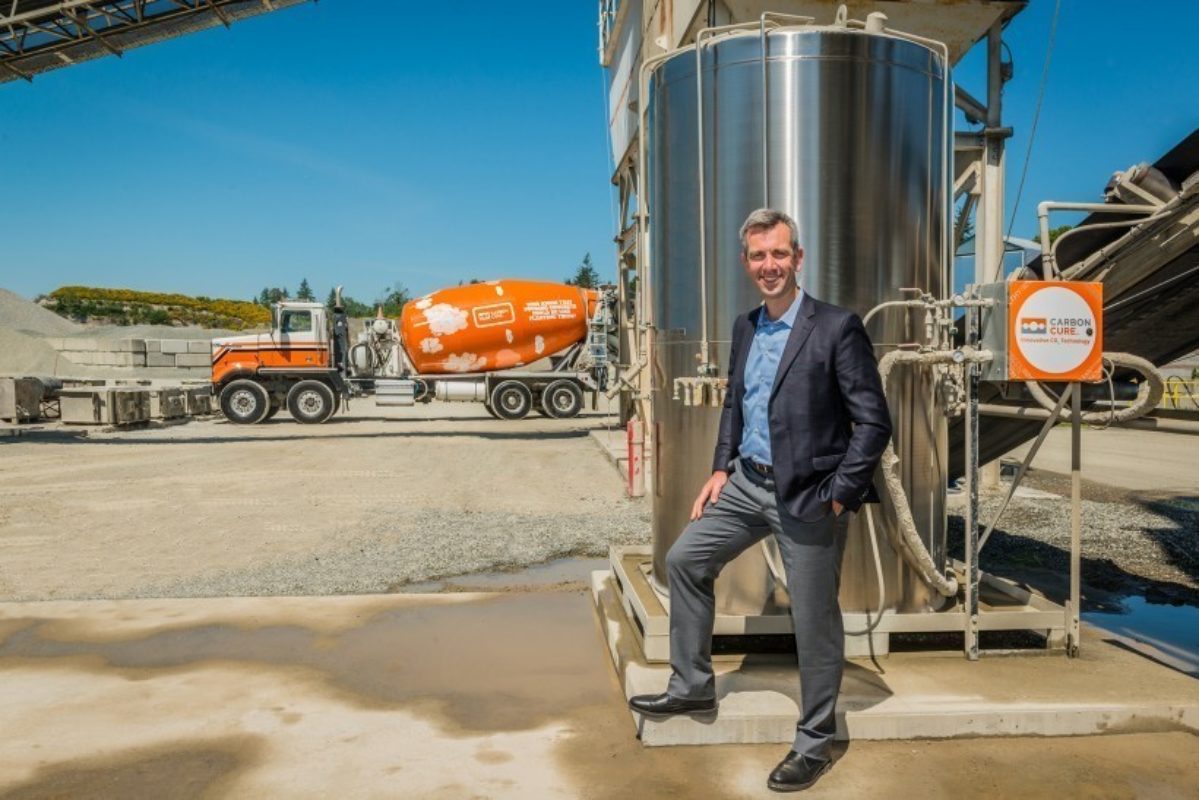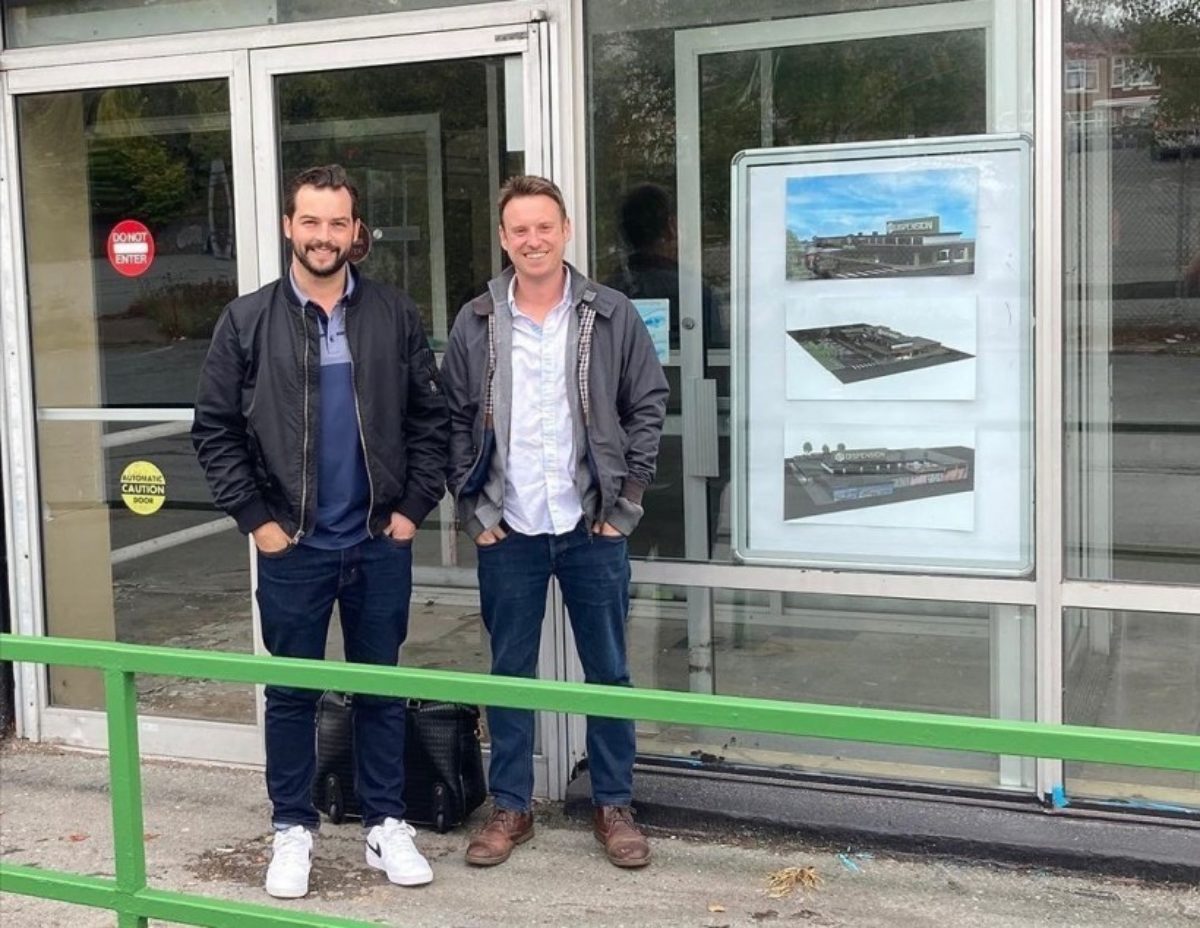Halifax Innovation Sector Ends Year Intact
January 7, 2021
By Carol Moreira
It’s too soon to assess the full impact of COVID-19 on companies in the Halifax Innovation District but early indications show local entrepreneurs found ways to navigate the pandemic.
As the health crisis began, many observers expected startups to fold under the extraordinary pressures, but early spring saw companies pivot to make new products, including tests and vaccines for COVID-19, personal protective equipment and hand sanitizers. In fact, when Entrevestor listed its Top 10 Startup News Stories of 2020, number three was the story that didn’t happen – the worries in the spring about large-scale failures that never materialized.
Some ventures saw demand for existing products soar. Squiggle Park CEO Julia Rivard Dexter saw monthly revenues increase by 400 percent in March alone. The company produces online games that teach children how to read and the closure of schools boosted the need for e-Learning.
“We had whole districts calling us and saying, ‘We’re not going back to school tomorrow and we need something to help,’” the CEO said.
Squiggle Park – whose corporate name is Eyeread – also partnered with NSCAD University. The duo asked the art college students to devise “digital care packages” to help students aged 11 to 13 feel part of limiting the spread of the virus.

Nine groups of design students competed. The winner was an interactive novel Ready R Naught that helps children deal with difficulties produced by COVID-19, such as having to make friends in a new school from behind a face mask.
New Funding and Sales Achieved
During 2020, the stock market became a vital source of capital. Atlantic Canada’s publicly listed innovation companies – most of them based in Halifax – said they had raised or would soon raise more than $85 million. Stock markets are bound to be a further source of headlines in 2021 as Dartmouth-based Metamaterial, already listed on the Canadian Securities Exchange, is due to list on New York’s Nasdaq Stock Exchange, possibly this month.
And three Atlantic Canadian ventures – the most ever -- were named to the Deloitte Tech Fast 50; a list which recognizes Canada’s 50 fastest-growing tech companies based on three years of revenue. The triple listing was notable because scaling is a common challenge for regional ventures. Proposify, a creator of proposal software, placed 45th, reporting revenues that rose 414 percent.

Other notable events saw sportstech venture Kinduct. sold to Silicon Valley-based mCube, which produces very small-scale sensors. The price was not revealed but appears to be in the high eight-figures.
DynaGen Technologies, a maker of control panels for industrial engines, was sold to U.S. venture Cattron for an undisclosed price. Based in Ohio, Cattron is an international venture owned by private equity firm Harbour Group.
The sale occurred after CEO Jamie Davison spotted the growth potential of working with a bigger partner to leverage their team, production, distribution, and control solutions.
“We met with a number of potential suitors but Cattron stood out as the obvious choice for DynaGen and its team,” said Davison.
Meanwhile, CarbonCure Technologies, a maker of concrete that incorporates carbon dioxide into production, achieved a funding round (total undisclosed) led by Amazon and Breakthrough Energy Ventures, an impact fund supported by billionaires such as Bill gates and Michael Bloomberg.
CEO Robert Niven told Entrevestor he thought it was the largest cleantech financing round in Canada all year.

“Our round was three to five times over-subscribed so we just picked the dream-team investors, mainly tech firms and large property developers,” Niven said. “We wanted the very best investors, and this is the best we could ever dream of.”
3D Biofibr, a new company formed during the pandemic, created industrial-scale processes for manufacturing natural materials. The company, which was a finalist for BioNova’s BioInnovation Challenge in 2020, raised funding of $550,000.
Life Sciences Succeed
Sona Nanotech, which is making a rapid test for COVID-19, saw its shares rise and fall dramatically over the course of the pandemic. At the end of the year, its market capitalization was up by about $60 million.
Appili Therapeutics obtained a listing on the main board of the Toronto Stock Exchange. The drug discovery company is conducting Phase 3 clinical trials on tablets that it’s hoped will prevent COVID-19 in people exposed to the disease. The company is evaluating Avigan, a tablet that contains Favipiravir, a broad-spectrum antiviral Appili has licenced from Japanese company Fujifilm Toyama.
And drug discovery company IMV said it is assessing its lead drug candidate DPX-Survivac in the treatment of advanced ovarian cancer. The company, whose shares are listed on the TSX in Toronto and the Nasdaq exchange in New York, twice raised funds for a total of $25 million.
Shoppers Book Times to Shop
Authentic Business Initiatives, launched the MVP (Minimum Viable Product) of its app, the Checkmate Experience, which allows shoppers to tell retailers what they are looking for and reserve times to visit stores.

“If you’re going into the store and the retailer has things ready and you leave the store happy, it would be good for both the store and the customer,” said President and CEO Sue Stanfield.
Stanfield, who owns four retail locations, was ready to launch early in 2020 but then realized that Checkmate could help shoppers reserve appointments during the pandemic.
Stanfield, who won $35,000 in the recent Spark Nova Scotia contest, believes Checkmate can help other retail sectors and hopes to expand into other jurisdictions.
“I see it being the standard for customer service,” she said. “Right now, we have it set up for apparel but I could see it being used for home improvement and others.”
Cluster Employment for Gig Workers
A Halifax human resources firm is developing a service it has named “cluster employment”. Placemaking 4G hopes their new service will improve working conditions for gig and part-time workers by helping them work for multiple employers at once so employers share the costs of salaries and benefits.
“It’s the future of employment,” Matt Thomson, Co-Founder and Co-CEO, told Entrevestor. “We’ve had the opportunity to present this [at international employment forums] and there’s an opportunity here to redefine the way employment looks.”
Thomson and his co-founders formed P4G three years ago.

“We were working on the South Shore and we had employers looking to us and saying they only had a need for a part-time employee,” he said. “Usually, we couldn’t help them. When that bell kept being rung, we recognized that there was potentially an opportunity to provide a solution.”
The website currently has about 100 users. Three groups of employers have hired a shared staff member. The pandemic has made the service more valuable, Thomson said. Unemployment has risen and employers are more willing to hire remote workers or consider unconventional employment patterns.
“The opportunity for a country like the U.S. to adopt a platform like this where healthcare benefits are part of part-time employment is huge,” Thomson said.
New Relationships Form
Dispension Industries, which creates opioid-dispensing technology to help prevent overdoses, made it into the first cohort of Ottawa-based Telus L-Spark MedTech Accelerator, a program whose partners include Blackberry and Telus.
Dispension makes MySafe kiosks that allow health authorities to distribute opioids to registered users identified through touchless palm scanning technology.
The company piloted its kiosk in Vancouver in collaboration with the MySafe Society. The eight-month pilot saw it dispense almost 4,000 doses, mainly of a form of synthetic heroin called hydromorphone. The company also obtained a $500,000 loan from the Atlantic Canada Opportunities Agency.
“Along with our participation in the accelerator, we have mass global deployments in the pipeline for 2021, and we’re busy establishing our own 20,400-square-foot innovation hub in downtown Dartmouth, the Dispension Technology Centre,” said CEO Corey Yantha.

L-Spark will allow the company to refine its kiosks with 5G connectivity and improved data security. The team aim to improve healthcare and pharmacy services for people in underserved and remote communities.
According to L-Spark, the international Internet of Medical Things market was worth US$24.4 billion in 2019 and is expected to reach US$285.5 billion by 2029, at a compounded annual growth rate of 28 percent.
Motryx Announces Partnership
Motryx, a company that facilitates the safe transport of blood samples, linked up with Aerocom of Germany, a leader in installing pneumatic tube systems in hospitals.
The two ventures will distribute Motryx’s product VitalQC – a tool that verifies whether pneumatic tube installations are safe for transporting blood samples. The pandemic prevented Motryx from making sales calls and Aerocom’s pneumatic tube systems are already used in around 3,000 hospitals.
Despite the year’s challenges, the nine-member Motryx team grew its customer base by 20 percent, meaning 23 hospitals in the U.S. and Europe are using its app. The staff will increase to 13 people in 2021.

“Our agreement with Aerocom provides assurance to their customers in markets with a strong focus on quality control, such as Germany and Scandinavia,” said Motryx CEO Franziska Broell in a statement.